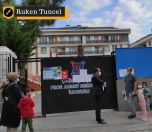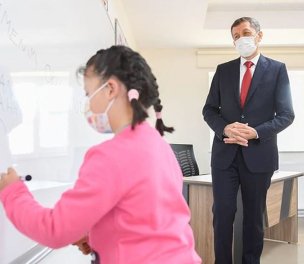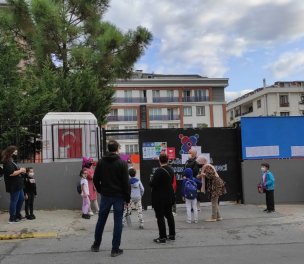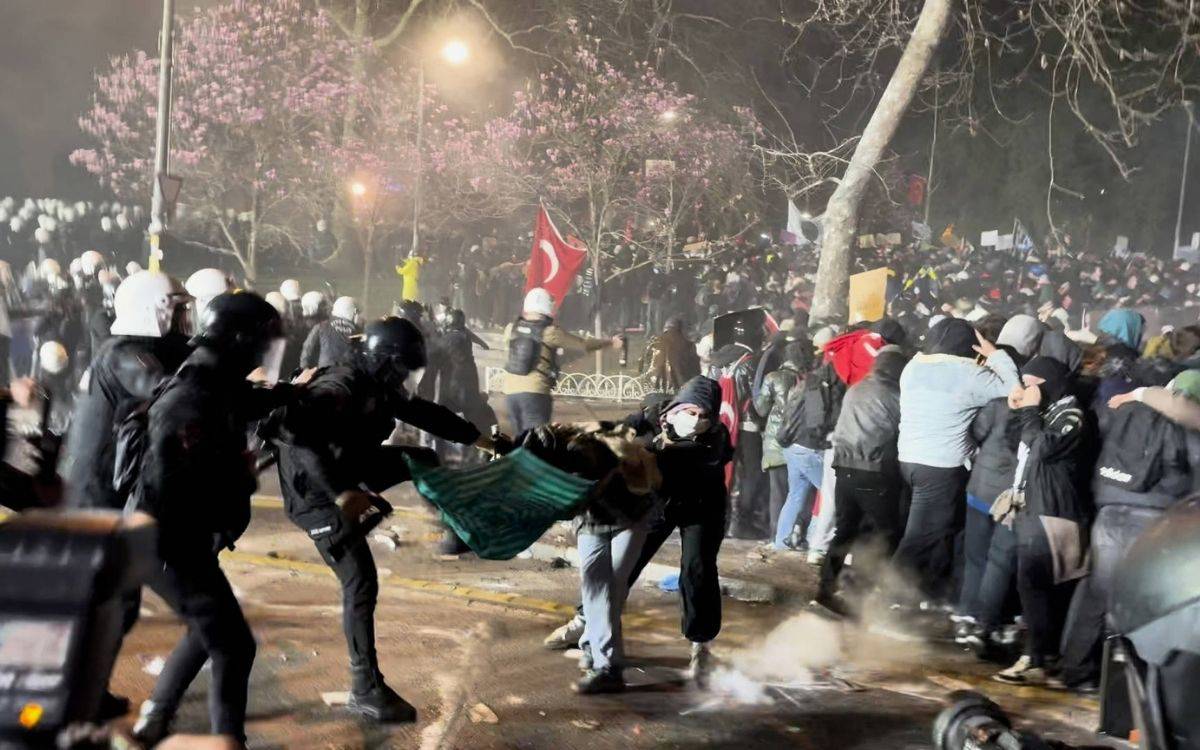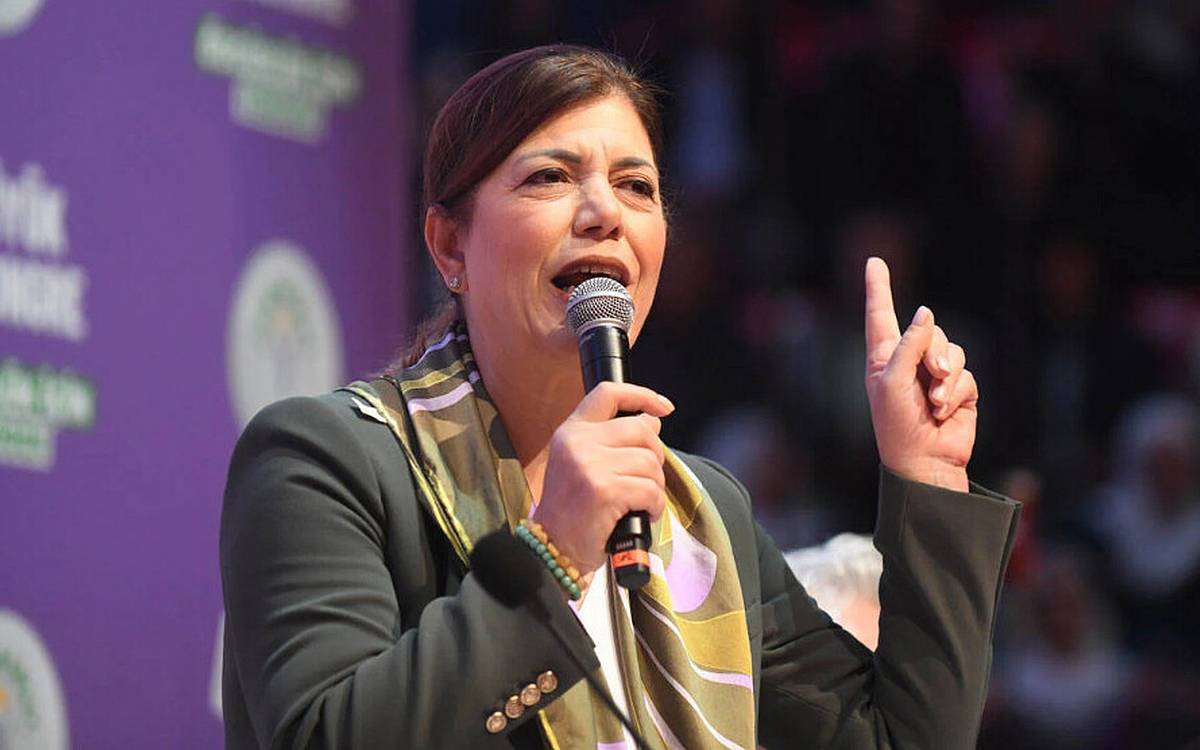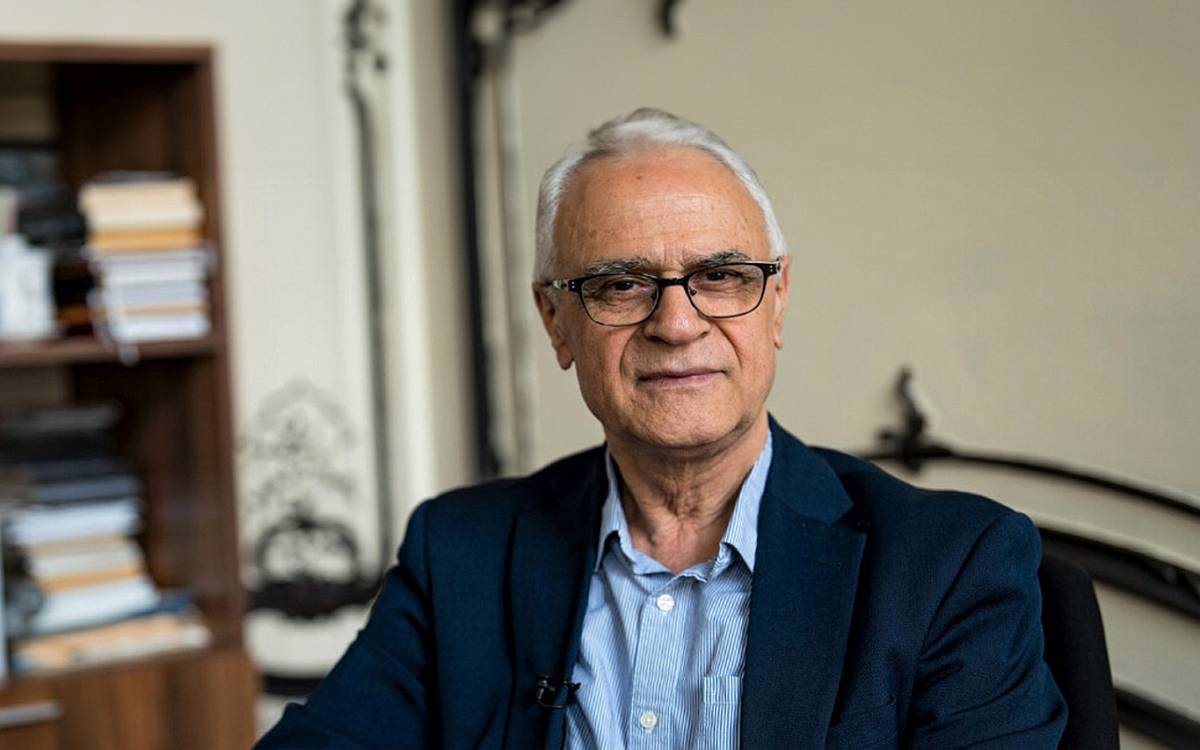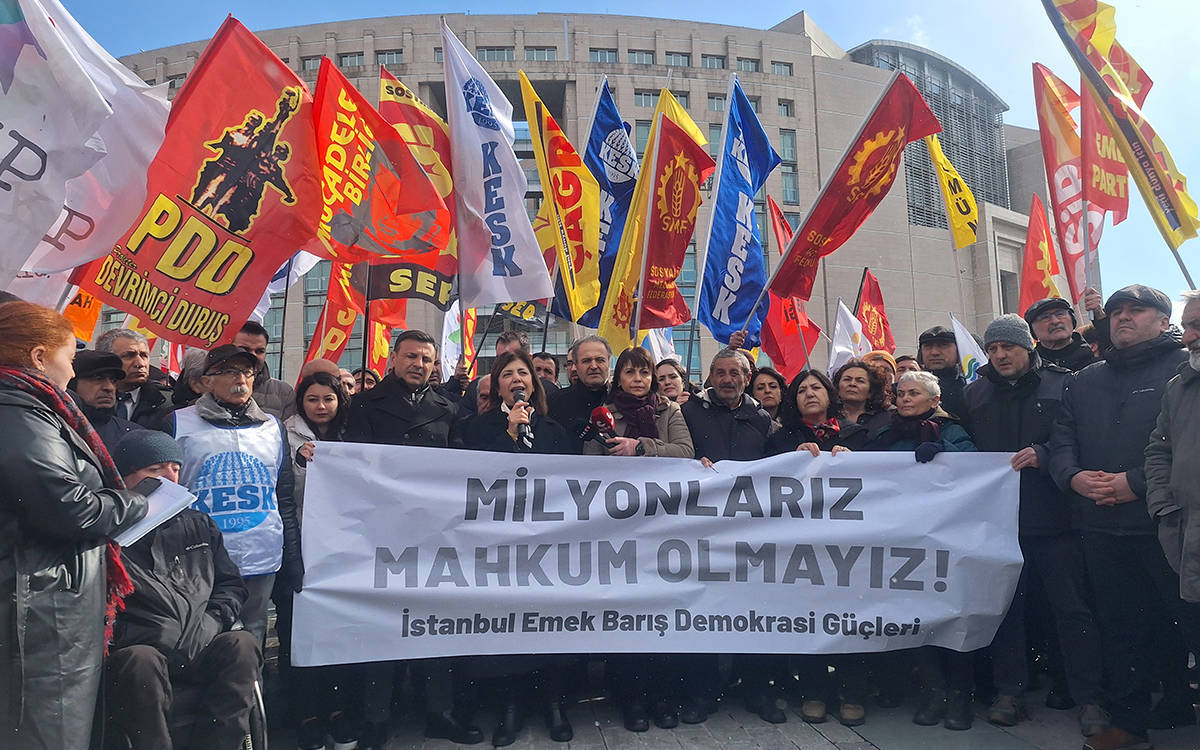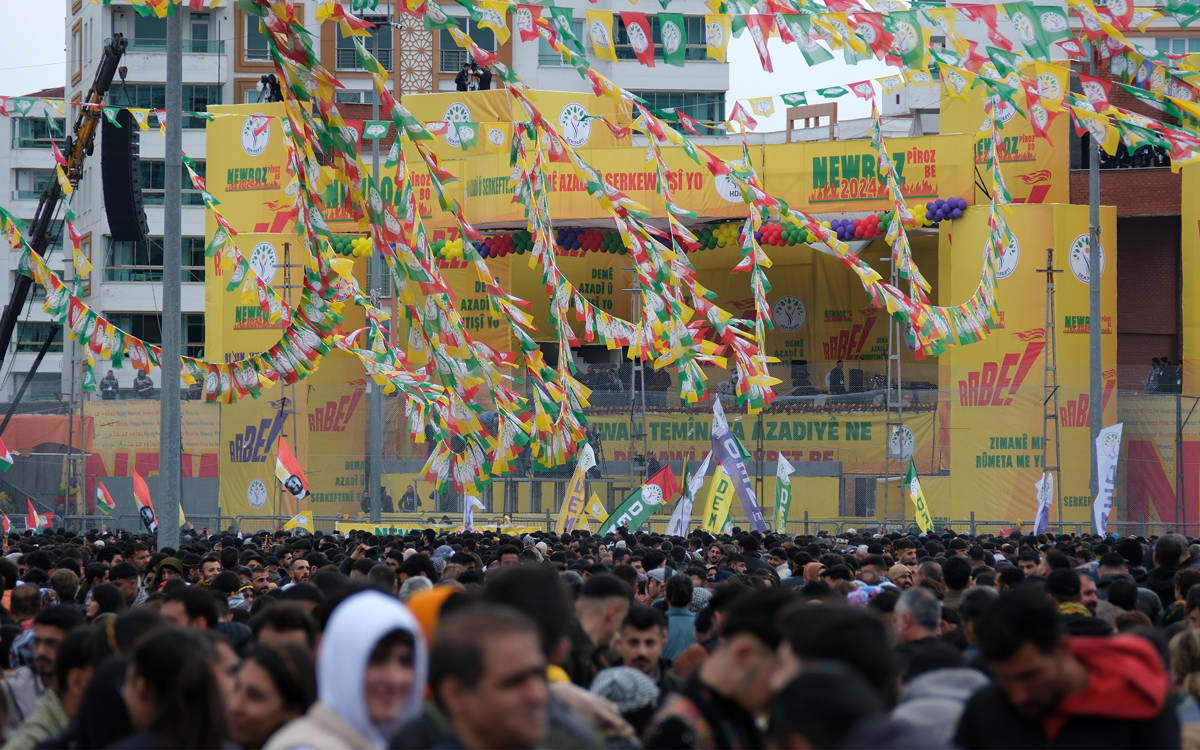* Photo: Anadolu Agency (AA)
Click to read the article in Turkish
Amid COVID-19 outbreak, the 2nd, 3rd, 4th grades, village schools, 8th and 12th grades, high-school preparation classes and students with special needs started face-to-face education yesterday (October 12).
While school attendance is not compulsory in this period, pre-school education will be held five days a week and other classes two days a week.
Considering that Turkey still reports an average of 1,500 new patients and at least 50 COVID-19 fatalities a day, what do parents say about this?
We have spoken with İlknur Kaya Bahadır, the Chair of Students' Parents Association, about the "second phase" of face-to-face education.
Kaya says that the authorities have had to open schools due to pressure. "6 million students could not access distance education," she notes:
"Schools have been reopened due to pressures, but if the number of cases increases, schools will be closed again. It is how parents and our fellow teachers see it, they get this impression from the school administrations."
Kaya Bahadır also underlines that in crowded schools, classrooms cannot be divided into smaller groups. She emphasizes the need to turn unused public buildings into classrooms for students amid the outbreak.
'Ministry of Education came under pressure'
Kaya Bahadır says that they have been closely following the issue since September 21, when the first phase of face-to-face education started:
"Distance education cannot replace face-to-face education and children have suffered so much because of this. When it was widely debated in the press, the Ministry came under pressure. They have opened the schools for this reason. The Ministry has told parents that the decision to send their children or not depends on them, saying, 'You can either follow distance education or send your children to school for face-to-face education'.
"With the opening of schools on September 21, we have been following the process together. In the three-week period so far, we have not encountered any serious problems. Schools were cleaned by municipalities before September 21. Contribution fees had already been received from parents when they enrolled their children in school. When the schools were about to open, parents were given a long list.
"Toilet paper, napkins, cleaning supplies... They have all been provided by parents. No major problems have occurred in first grades. The only problem about them is that not all first graders could participate in education. Parents who have chronically ill people or elderly in their families and the ones who can provide their children with education at home have not sent their children to school. But they are not high in number.
'Lower attendance is not possible in mobile teaching'
"As far as we are informed today with the opening of schools, classrooms have not been divided in schools where a thousand or two thousand students get education and, thus, classrooms are crowded.
"We have also heard that there are problems in mobile teaching. In villages, there is a system where some students attend the classes in the morning while others get education in the afternoon. However, they cannot divide the classes due to the agreements made with school busses.
"We have learnt that all children have been brought to schools, it is apparently what the agreement about school busses stipulates. Therefore, it is not possible to ensure that the attendance is lower.
"Secondly, there are problems with the sustainability of cleaning. Because not enough cleaning personnel or supplies have been sent to schools by allocating an additional budget. Thus, there will be an attempt to sustain the cleaning of schools with the donations of families.
'The number of classrooms must be increased'
"From the beginning, we demand that the number of classrooms be increased as quickly as possible. So long as the number of classrooms is not increased, there will be 25 people in a class when you divide a 50-pupil class into two. Keeping social distance is not possible even in that case.
"Classes such as maths and Turkish language will be given at schools while physical training and painting classes will be given online.
"So, the children of the parents who do not send them to school for reasons such as chronic diseases will be unable to follow their main classes. They will follow them on the EBA distance education system; but they will not watch live lessons on EBA, but watch them on television.
"Therefore, the education of children has been entirely left to the initiative of parents. The opportunities of distance education cannot still be provided. Parents are forced to choose between two bad options. Most parents sent their children to school today, families will observe this week.
"They will take an attitude next week, depending on the circumstances. The number of cases to be announced will naturally affect the attitude of families as well. As long as the outbreak is not taken under control, it seems that the schools will keep on being reopened and closed.
'Problem can be solved with simple methods'
"Our attitude as a country must be oriented towards taking the outbreak under control. After the outbreak is taken under control, all types of safety measures need to be adopted and it must be ensured that children get education. Education is not only a problem of parents as individuals, edcuatioon is also the problem of the country.
"The loss of a generation will make the country lose so much. Everyone is talking about education throughout the world, they are discussing how they can offer the best opportunities for education.
"We are not aware of it, but this issue will be reflected in the economy of the country, it will be reflected in its social life. Whoever can survive this outbreak in the most effective way possible and without interrupting education, they will have a say about the next generations.
"For this reason, those who rule the country must look at the issue from a wider perspective rather than considering only the present.
"There are a lot of empty public buildings. Some works can be undertaken by integrating a number of institutions. They can evict some public buildings and turn them into classrooms. It is something that is really easy to do, this problem can be solved with very simple methods, but it is a matter of preference. Our children are, unfortunately, not in the preferences of the current government, this is how we see it." (RT/SD)






